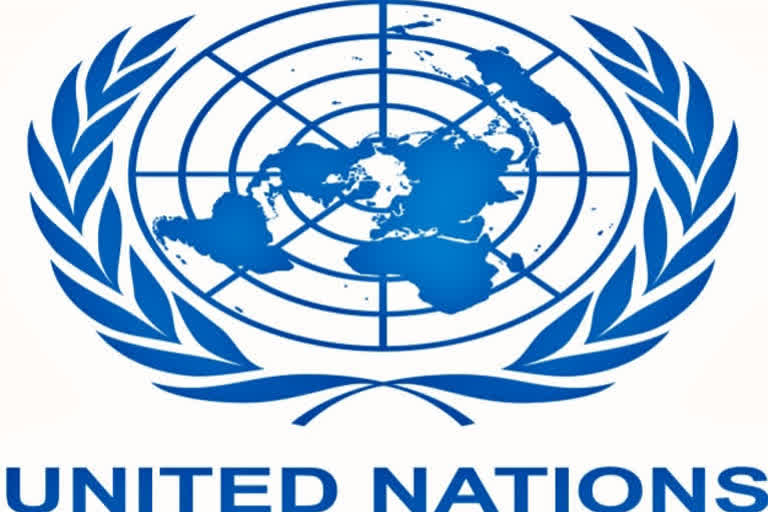New Delhi: Criticism of the United Nations for Indian government has encompassed numerous arguments till date regarding various aspects which includes its policies, ideologies, equality of representation, administration, ability to enforce rulings and ideological bias.
At times, points of United Nations criticism include a perceived lack of efficacy, appeasement, abuse of power by nation, corruption, and misappropriation of resources.
Recently, the Office of the United Nations High Commissioner for Human Rights has approached the Supreme Court seeking to intervene in the hearing on the Citizenship (Amendment) Act, saying that there was a need to take into account the 'international human rights law, norms and standards' in the proceedings.
United Nations Secretary General Antonio Guterres also voiced concern over violence in India against newly amended Citizenship (Amendment) Act and urged to respect for freedom of expression.
Earlier in the year 2010, the UN criticised the greater access to cell phones than toilets in India.
"It is a tragic irony to think that in India, a country now wealthy enough that roughly half of the people own phones, about half cannot afford the basic necessity and dignity of a toilet," the body maintained.
In the year 2012, the United Nations had asked India to repeal the Armed Forces (Special Powers) Act, saying it had no role to play in a democracy.
“The AFSPA in effect allows the state to override rights in the disturbed areas in a much more intrusive way than would be the case under a state of emergency, since the right to life is in effect suspended, and this is done without the safeguards applicable to states of emergency. The repeal of this law will not only bring domestic law more in line with international standards, but also send out a powerful message that instead of a military approach the government is committed to respect for the right to life of all people of the country. Christof Heyns, the U.N. Special Rapporteur on Extrajudicial, Summary or Arbitrary Executions told reporters here at the end of his fact-finding mission.
“In particular, I have met with people who lost relatives during the Gujarat killings of Muslims in 2002 and Kandhamal killings of Christians in 2007-08,” he said, while adding that deadly violence had been used by Maoists, insurgents and terrorists.
He further added that the state has a right to defend itself against such aggression, provided it abides by the international standards. The state, however, cannot adopt unlawful or unconstitutional means or create vigilante force to counter such violence.”
United Nations High Commissioner for Human Rights Michelle Bachelet, in 2018 praised India’s Supreme Court for decriminalising homosexuality, but criticised the country for not addressing problems highlighted in its June report on alleged human rights violations in Kashmir.
“The people of Kashmir have exactly the same rights to justice and dignity as people all over the world, and we urge the authorities to respect them,” Michelle Bachelet said.
Also, read: General insurers say existing health policies cover coronavirus



